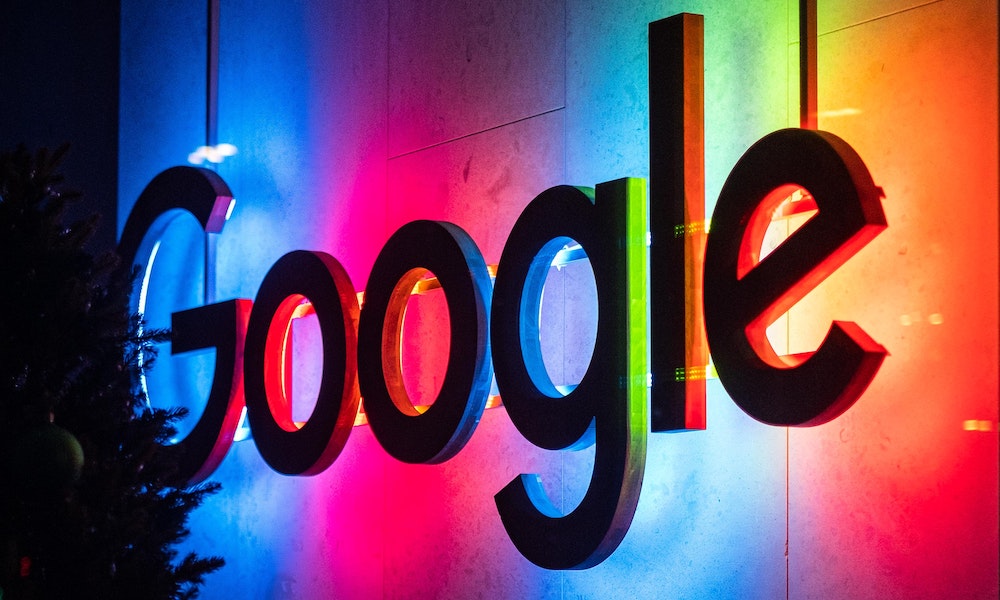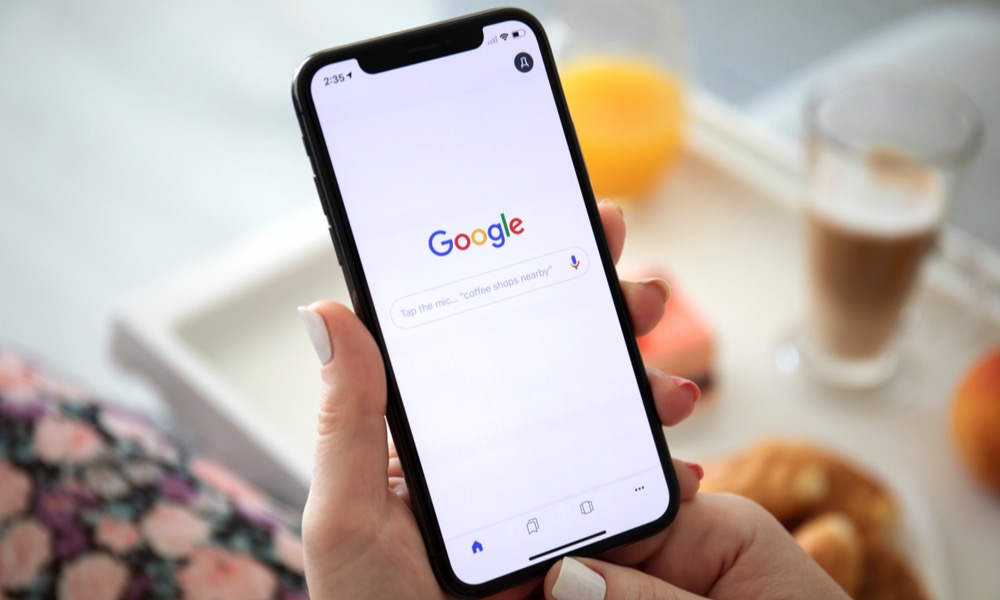‘Google Is a Monopolist’ Federal Judge Rules
 Sascha Bosshard / Unsplash
Sascha Bosshard / Unsplash
Toggle Dark Mode
A US federal judge has formally ruled that Google holds a monopoly in the search and advertising business in violation of US antitrust law.
Judge Amit Mehta reached the decision today in the case brought against Google by the US Department of Justice nearly four years ago. The bulk of the case played out in a ten-day trial in a Washington, DC District Court last fall, involving many other big tech companies in Google’s orbit — including Apple.
One of the core elements of the case was whether Apple’s lucrative search deal with Google was an example of anti-competitive behavior. Google pays Apple around $20 billion per year for a default spot on what is arguably the most valuable piece of digital real estate on the planet—the iPhone’s Safari browser—and rivals have been vying over it for years.
For its part, Apple has always maintained that Google is simply the best option for its customers — at least, that’s what Apple SVP Eddy Cue told the court last fall. However, that deal also gives Apple 36 percent of Google’s ad revenue from searches performed in Safari, which is why Google strongly prefers that folks use Chrome on the iPhone.
In that sense, an argument could be made that the Google-Apple deal isn’t anticompetitive, as the alternative would leave Google with 100% of its search revenue. However, the flip side of that argument is that Google wins either way — it merely benefits less from folks who use Safari. Further, the deal was exclusive, and part of the case against Google is that it had paid out billions of dollars to Apple and other firms to ensure that it constantly had default or at least prominent placement.
In weighing the balances on all sides, Judge Mehta was clear that Google’s behavior meets the standard of a monopoly under Section 2 of the Sherman Act, the key legislation that’s used to measure such things.
After having carefully considered and weighed the witness testimony and evidence, the court reaches the following conclusion: Google is a monopolist, and it has acted as one to maintain its monopoly.Judge Amit Mehta
In the ruling, Judge Mehta also noted that one of the things that allowed Google to maintain its monopoly was the staggering barrier to entry, citing one testimony that “it would cost Apple billions to compete in the search market” even before it made the necessary “multi-billion-dollar investment needed to build and maintain an ad platform or other means of monetization.”
This means that only the tech companies with the deepest pockets could even consider competing with Google. However, to discourage them from doing so, the search giant offered them such substantially large buckets of money that they became dependent on the additional revenue stream.
Google understands there is no genuine competition for the default because it knows that its partners cannot afford to go elsewhere. Time and again, Google’s partners have concluded that it is financially infeasible to switch default GSEs or seek greater flexibility in search offers because it would mean sacrificing the hundreds of millions, if not billions, of dollars that Google pays them as revenue share.Judge Amit Mehta
As Apple’s senior vice president of services, Eddy Cue was the lead negotiator for the contract. While Cue maintained during his testimony that Apple always felt Google was the best option for customers, he described the difficulties he experienced getting Google CEO Sundar Pichai to agree to a higher revenue share when the two companies negotiated to renew the deal in 2016. However, Cue also said the two sides ultimately came up with a percentage somewhere in the middle, which is how negotiations typically work. The terms were renewed in 2021, suggesting that both companies still considered them favorable.
Still, it’s not just Apple; the ruling adds Verizon, AT&T, and T-Mobile as other companies that “sought and failed to obtain greater flexibility under the relevant contracts.”
These are Fortune 500 companies, and they have nowhere else to turn other than Google.Judge Amit Mehta
While Apple could certainly survive the shortfall of losing the Google search deal, it still comprises a substantial portion of its revenue. Last week, Apple reported $24.21 billion in services revenue for the most recent fiscal quarter. Assuming that Google’s 36 percent revenue sharing still works out to around $20 billion per year, it would make up approximately 20% of Apple’s overall services revenue and just under 6% of its total revenue.
Although the ruling has established Google as a monopoly, it’s merely an initial finding that doesn’t discuss any potential remedies. This means there’s no way of knowing yet what this could ultimately mean for the future of the Apple-Google search deal, some of which may be contingent on how the separate DOJ lawsuit against Apple plays out.









